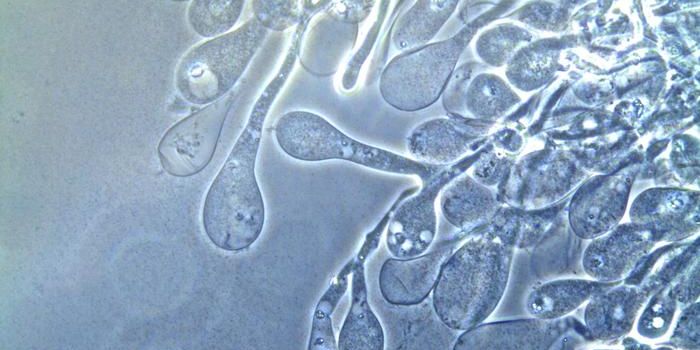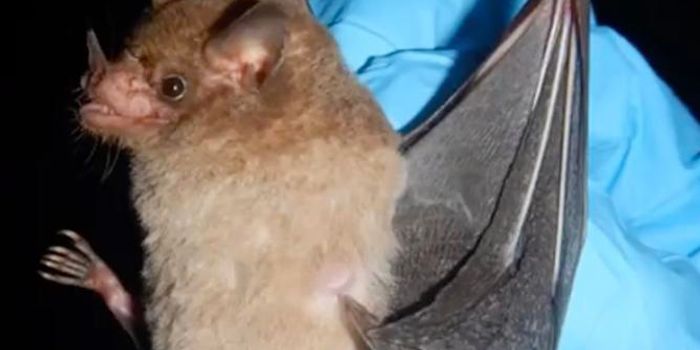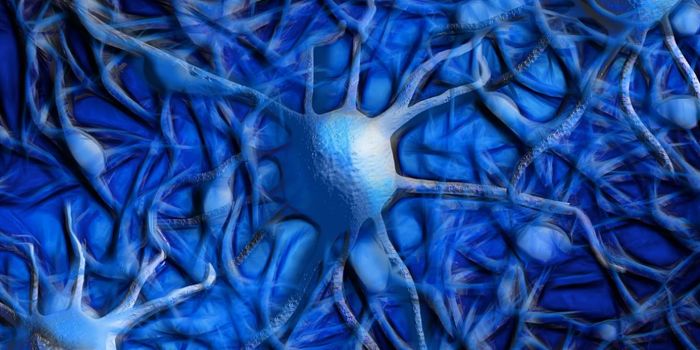As Many as One in 25 Carry Lifespan-Shortening Gene Variants
When people are told about risk genes in their DNA, that information is only useful if something can be done to mitigate that risk or therapies have been developed for the disorder; these are known as actionable genotypes. Scientists at deCODE genetics in Iceland have been collecting the DNA and health histories of Icelanders for many years, and this has given them many new insights into how genetic variations are connected to disease. New work by these investigators has calculated how many people in Iceland have actionable genotypes. The findings have been reported in the New England Journal of Medicine.
In this study, the researchers focused on whole genome sequences from 58,000 people, and 73 actionable genes that have been included in guidelines from the American College of Medical Genetics and Genomics (ACMG). They found that 4 percent, or one in 25 Icelanders has an lifespan shortening, but actionable genotype; they are carrying a variant that increases their risk of disease, but it is also possible to apply preventive measures to that individual. Actionable genotypes have been found in genes that relate to cancer, cardiovascular, and metabolic diseases, among others.
When the researchers analyzed the connections between these actionable genotypes and the lifespans of carriers, they found that these genotypes are affecting people's lifespans. People carrying cancer-linked variants had the largest effect, and these individuals had a median survival rate that was three years shorter than people who did not carry these variants.
One cancer-associated variant in particular is a change in the sequence of the BRCA2 gene that makes carriers more likely to develop breast, ovarian, or pancreatic cancers. People with this variant lived an average of seven years less compared to non-carriers. A genetic variant in the LDLR gene, which is linked to unusually high cholesterol levels and cardiovascular disease, shortened the lifespans of carriers by about six years compared to non-carriers.
"Our results suggest that the actionable genotypes identified in our study, which are all predicted to cause serious disease, may have a drastic effect on lifespan," said study co-author Patrick Sulem, a scientist at deCODE genetics.
In all, about one in 25 people had a genotype that was likely to shorten their lifespan, but could also be acted upon. If patients and clinicians know about these genotypes, they will have more information when medical decisions have to be made. "This knowledge therefore has significant potential to mitigate disease burden for individuals and society as a whole," said study co-author Kari Stefansson, CEO of deCODE genetics.









